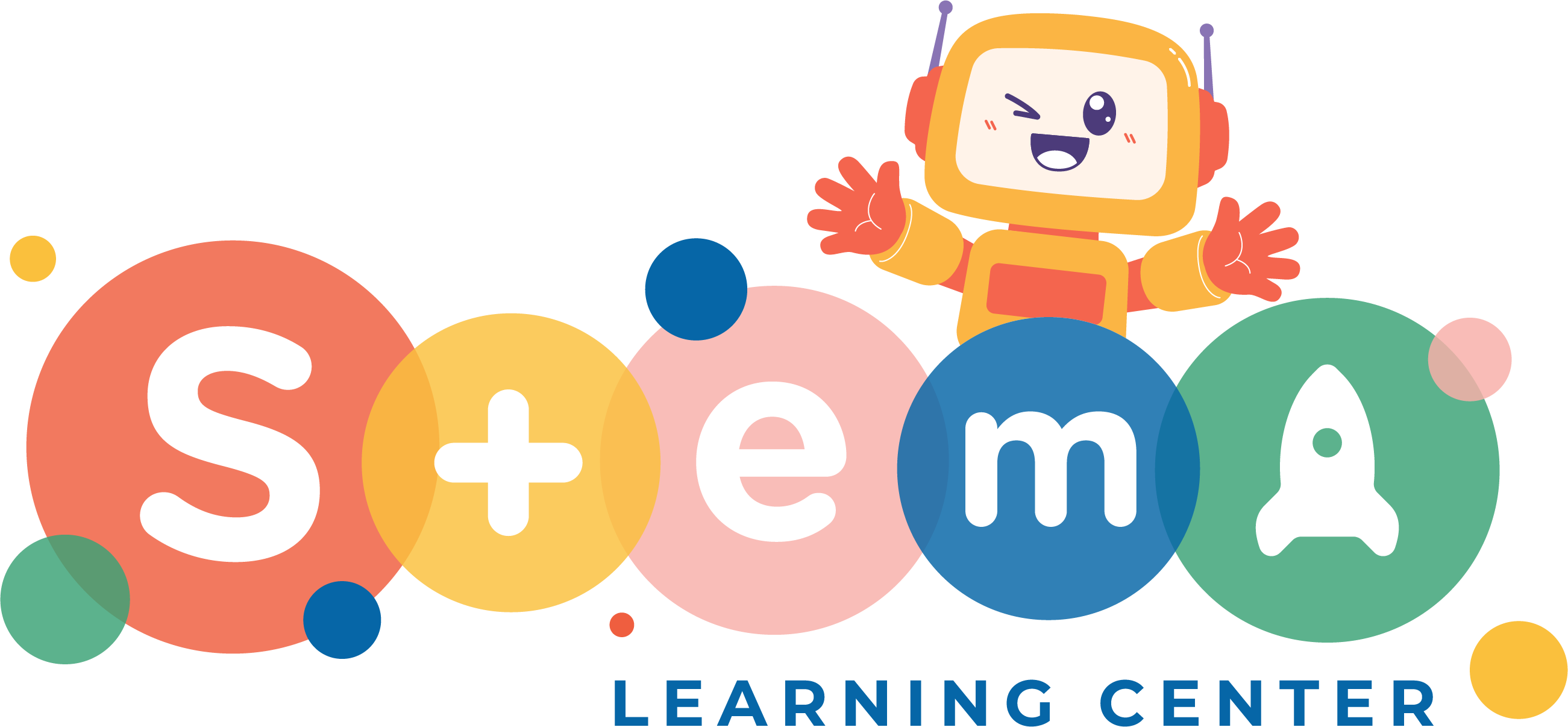
Blog
Preparing Tomorrow’s Leaders for the Age of AI

Artificial Intelligence (AI) is changing the world at an unprecedented pace. From self-driving cars to language-processing robots, AI technologies are rapidly transforming industries, reshaping job opportunities, and even influencing our social interactions. For future generations, the ability to understand, navigate, and utilize AI will be as crucial as reading or basic math skills. So, how do we prepare the youth of today to thrive in an AI-driven tomorrow?
1. Encourage Curiosity and Critical Thinking
In the age of AI, it’s essential that we raise inquisitive problem-solvers.
• Encourage Questions: Foster an environment where children are comfortable asking “why” and “how.”
• Hands-On Experiments: Simple experiments with programmable toys or basic coding kits can promote active exploration.
• Critical Thinking Activities: Games that challenge logic, pattern recognition, and strategic thinking help children understand the underlying principles of AI’s problem-solving approach.
2. Develop Technological Literacy Early
The line between the physical and digital worlds is increasingly blurred.
• Basic Coding Skills: Introduce block-based coding platforms (like Scratch) in elementary schools, and progress to more advanced languages later.
• AI Tools and Simulations: Integrate interactive AI tools—such as text or image generators—so that students gain familiarity with concepts like machine learning and algorithms early on.
• Digital Citizenship: Emphasize responsible use of technology, privacy considerations, and balanced screen time to cultivate healthy digital habits.
3. Foster Interdisciplinary Learning
AI affects almost every domain—from healthcare to finance to the arts.
• Project-Based Learning: Combine programming with art, music, or literature to show that AI concepts aren’t confined to computer science alone.
• Teamwork and Collaboration: Group projects help students appreciate diverse perspectives, reflecting how AI projects often require cross-functional teams.
• Ethical Discussions: Encourage debates about AI’s impact on society, privacy, and global economics to build moral and ethical awareness.
4. Promote Lifelong Learning
AI technologies evolve quickly, so the ability to continually learn and adapt is crucial.
• Encourage Online Courses & Workshops: Platforms like Coursera or Khan Academy offer specialized tracks in AI, machine learning, and data science.
• Mentorship Programs: Connecting students with professionals in the AI field fosters real-world exposure and insight.
• Support Curiosity Outside the Classroom: Fun resources—like robotics clubs or coding bootcamps—motivate students to expand their AI knowledge beyond formal schooling.
5. Teach Soft Skills for an AI World
While technical skills are vital, soft skills still form a critical piece of the puzzle.
• Communication Skills: Clear writing and speaking abilities will be essential to explain complex AI concepts to varied audiences.
• Empathy & Emotional Intelligence: AI can’t (yet) replicate true human empathy, so personal interaction skills remain invaluable.
• Adaptability & Resilience: Empower future generations to see fast-changing technology as an opportunity rather than a threat.
Preparing the next generation for the era of AI requires more than just teaching code—it calls for nurturing curiosity, creativity, interdisciplinary thinking, and ethical values. By embedding AI concepts into the curriculum early, emphasizing lifelong learning, and fostering critical soft skills, we can equip young minds to thrive in an AI-driven future. The goal isn’t just to produce expert programmers; it’s to raise a generation of socially responsible, adaptable innovators who can harness AI’s potential for the benefit of all.
